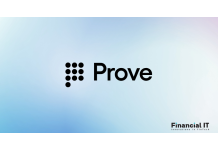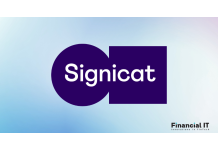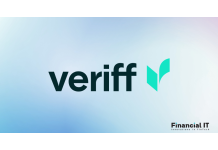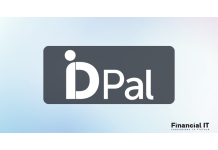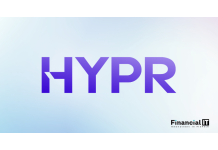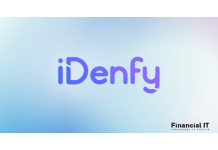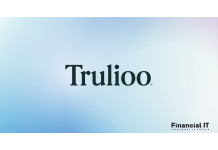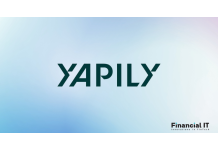Prove Launches ProveX℠, the Internet’s First Digital...
- 18.12.2025 09:35 am
Signicat and Markaaz Partner to Strengthen Global SMB...
- 15.12.2025 01:05 pm
Veriff Doubles Revenue And Surpasses $100M Run-Rate As...
- 11.12.2025 08:05 am
AU10TIX Joins Microsoft Security Store to Advance...
- 04.12.2025 08:45 am
ID-Pal Unveils ID-Detect Enhancements to Counter Surge...
- 21.11.2025 09:35 am
HYPR and Yubico Deepen Partnership to Secure and Scale...
- 17.11.2025 01:55 pm
Cifas and Trend Micro Announce Partnership to Combat...
- 06.11.2025 07:25 am
Youverse Launches Age Estimation and Liveness...
- 04.11.2025 08:35 am
J Forex Money Transfer Partners with iDenfy to...
- 31.10.2025 10:05 am
Trulioo Powers Record-Breaking U.S. Growth as Global...
- 27.10.2025 02:20 pm
Prove Launches Verified Agent Solution to Secure the $...
- 24.10.2025 10:05 am
Yapily Supports Google to Provide Bank Account...
- 10.10.2025 09:35 am


